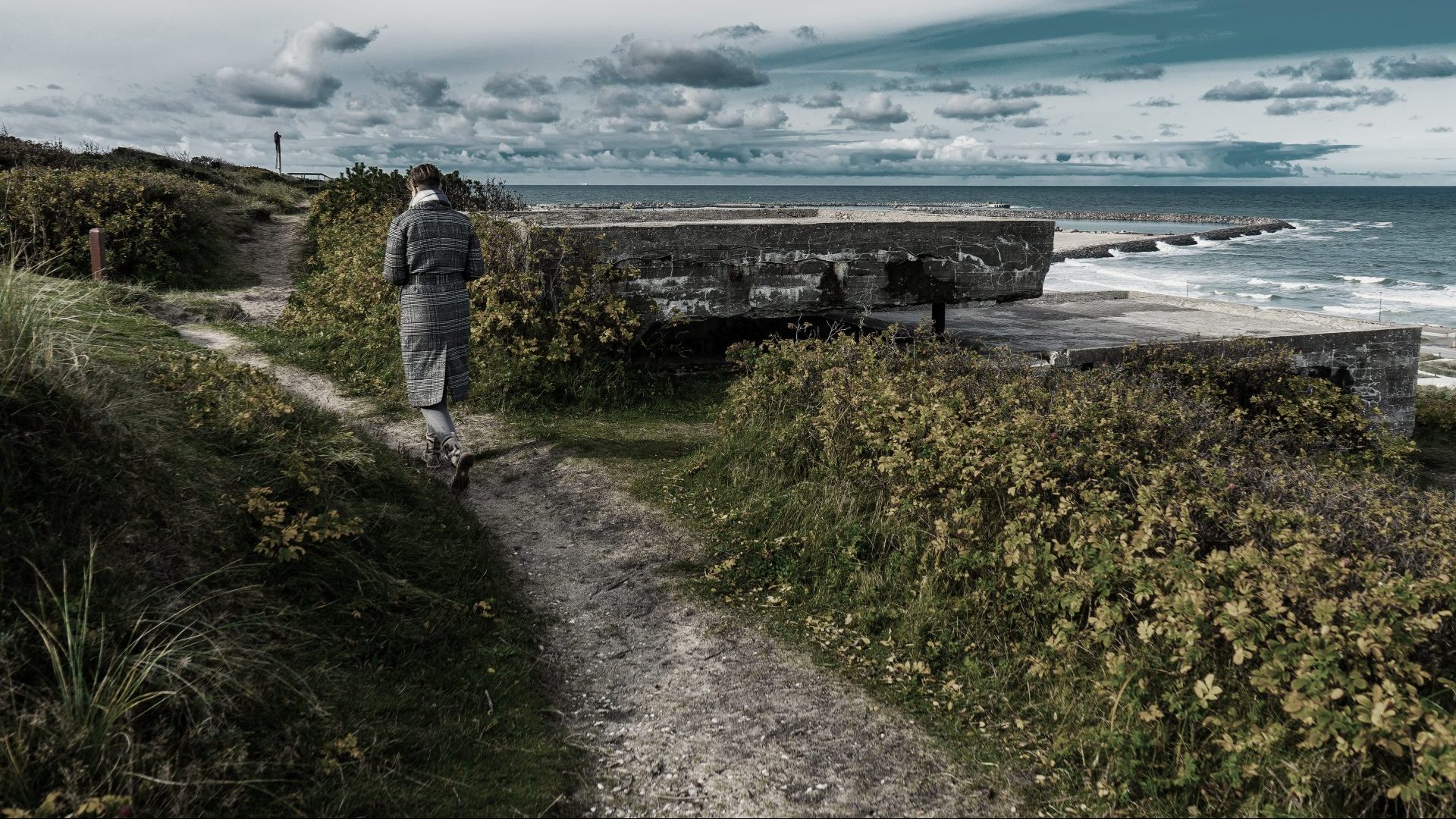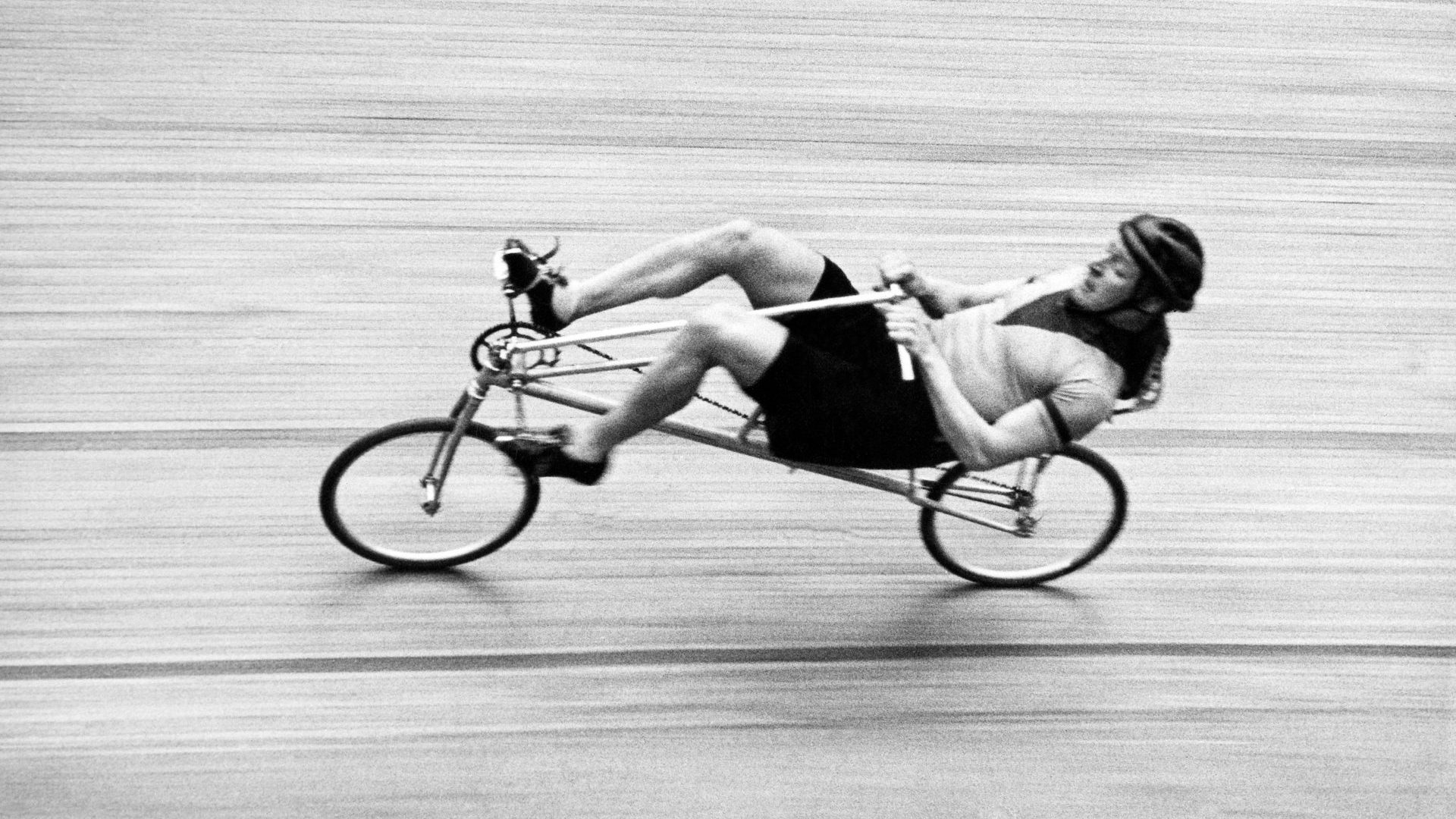A few years ago I had cause to spend a few days in the Danish port town of
Hanstholm on the north-west coast of Jutland. I arrived on a ferry from Norway and was surprised to discover that none of my fellow travellers
were staying there. Everybody else was passing straight through, leaving
me as the only passenger still in Hanstholm. I soon discovered why.
There was so little to do in Hanstholm that it possibly contravened the Geneva Convention on sensory deprivation. The extent of the entertainment options in Hanstholm was a small shopping centre where the only place open after 5pm was a pizza restaurant. Get this – the name Hanstholm apparently derives from an old Norse phrase meaning “the inlet of the glove” and the story goes that many years ago a woman lost a glove there.
And that’s it. That’s the story.
Little wonder that my time in Hanstholm featured an awful lot of soul-crushing ennui as well as an awful lot of pizza.
I have been forced to reconsider my uncharitable opinion of the place,
however, after reading a new book by one of Denmark’s leading contemporary authors.
Some of the best and most thought-provoking writing about Europe these days comes from places that wouldn’t be high on anyone’s bucket list. Maybe
we’ve said everything it’s possible to say about Spain, Rome, the Alps or posh people buying doer-uppers in the south of France, maybe we’re just looking for something else from elsewhere, something more intimate and considered. Among my favourite European travel reads of recent years are Forgotten Land: Journeys among the Ghosts of East Prussia by Max Egremont
and A Journey to Nowhere: Detours and Riddles in the Lands and History of
Courland by Jean-Paul Kauffmann, personal odysseys into places that wouldn’t necessarily be on most of our radars but are perfect settings for the
stories the authors wanted to tell.
As you might gather from my experience of Hanstholm, the western coast of Jutland wouldn’t immediately present itself as the most thrilling subject for a book. All shifting sand dunes and scrubby grass, abandoned concrete gun emplacements and lookout posts from the second world war, it’s a flat, bleak land shrinking beneath a huge sky. With your feet on the sand, the sea a featureless expanse all the way to the horizon and the vast sky oppressive above you, it’s almost impossible not to become introspective in western Jutland.
Contemporary travel writing has begun exploring that kind of introspection. The place itself no longer matters as much because everyone’s been everywhere and there’s no strong sense of geographical discovery any more. It’s the context, the feel of a place, its tangible presence that’s important now. What stories are soaked into the soil, how has the land made the people into who they are and most of all, why on earth has the author brought us here?
These questions are more than answered by Dorthe Nors, an exceptional chronicler of the character, stories and sheer unashamed presence of the Jutland coast.
Arguably Denmark’s biggest literary celebrity, Nors is the author of five darkly funny novels and four short-story collections. In 2013 she became
the first Danish writer to have a story published in the New Yorker and in
2017 her novella Mirror, Shoulder, Signal was shortlisted for the Man
International Booker prize. A Line in the World: A Year on the North Sea Coast is Nors’s first venture into non-fiction, a collection of 14 essays at various
points on the 600-mile coastline between Skagen in the north and Den Helder in the Netherlands to the south.
A daughter of the Jutland coast, Nors was living in Copenhagen when her family home was demolished to make way for the slip road for a new motorway. Realising she’d been seduced by the glamour of the capital when the reality was a tiny apartment with drug dealers living downstairs and a woman playing relentlessly loud music at all hours next door, Nors bought a house close to her childhood home and allowed herself to be enveloped by the sand dunes and remoteness she’d chafed against in her youth.
“I want a north-west wind, fierce and hard,” she writes. “I want trees so
battered and beaten they’re crawling over the ground. I want beach grass,
lyme grass, crowberry stalks and heather that prick my calves until they bleed, and salt crystallising on my skin.”
When she collects the keys the estate agent takes her into the garden and tells her the roaring sound she can hear isn’t traffic, it’s the sea. She notes
how he elects to leave the “for sale” sign in her garage because it’ll save him the hassle of bringing it back when she decides the place is not for her. Outsiders rarely stay long, it seems, and he has pegged her wrongly as an outsider, when few people have a more innate feel for this landscape than Dorthe Nors.
Books like this are by nature deeply personal, but many of them fall down
by lapsing too easily into self-indulgence. Nors is too skilled a writer to be lured by the siren call of narcissism. She walks the path between herself and the landscape perfectly, bringing us into her confidence when appropriate rather than buttonholing us like a bore at a party.
She begins on midsummer night at a beach bonfire to mark the longest day,
following the Danish tradition of burning an effigy to mark the solstice. Nors watches a ferry glide past and imagines the passengers looking back at “columns of smoke above the whole country, as if the Danes were busy sending signals, communicating from hilltops, sports fields and allotments”.
This uniting of remote Jutland, the rest of Denmark and the world beyond underpins the stories here. She writes beautifully about the generations of
people who left here to cross the sea, bringing first “black pots and livestock. Then bacon, porn and Lurpak”. The Angles, Saxons and Jutes, and the the Vikings set off from these shores for destinations as far afield as the Mediterranean and North America. Contrary to the rest of the world’s perception of them, the Vikings knew they were not from the fringes, not from the edge of the world, because they had travelled far enough to note how landmasses disappeared over horizons behind them and appeared in front of them and deduced there was no edge to the world.
Indeed, while this is the western coast of Denmark it is also the eastern coast of the North Sea, a far more immediate entity than distant Copenhagen. The horizon seen from here has enticed travellers, traders, refugees, adventurers and pillagers for centuries, producing some of the most knowledgeable and expert sailors in the northern hemisphere and creating unfathomable absences at home.
The nature of this maritime life forged a particularly strong bond between the women left behind. Nors writes moving descriptions of the women of the Frisian Islands on the Wadden Sea, a place so attuned to the water they said all local births occurred on a rising tide, deaths on the ebb tide.
When the men returned from their voyages there was a particular dance
performed by reunited couples, in which “he has a solid grip on her, the man, but he does not own her”. In remembering a late friend on the islands, Nors lets a handful of wet sand fall between her fingers and muses on how the Wadden Sea was so much a part of the woman, the winds, the tides, the land, that the reverse must be true and “she can’t be anywhere but here”.
Time in Jutland is a layered rather than linear concept. At the end of a day visiting coastal churches with an artist friend examining their ancient frescoes, in the last church of the day Nors senses the presence of the artist.
“He tells us of senses and longing,” she writes. “He turns his soft face towards us… He is here, just as he was here; and we are here, as we have always been.”
Elsewhere she conjures up Thit Jensen, a Danish feminist writer from the early 20th century who walked regularly out to an expanse called Dead Man’s Flat to converse with the spirit of a long-dead sailor, because for her he was still there, present in time.
Revisiting the landscape stirs her own memories that “rise like dust in long unaired rooms”, thoughts as susceptible to alteration and reimagining as a land whose layout has been frequently reshaped by centuries of epic storms. At Rubjerg Knude in 2019, the 75-foot lighthouse was put on wheels and moved 80 yards inland in an attempt to outrun the eroding coastline, a geological malleability that has forged the characters of its people.
“They know loss, and they know that everything that is won can be forfeited
again,” writes Nors in this deeply affecting book. “If it isn’t the storm surges, it’s time: all this is only borrowed unless you fight for it.”
A Line in the World: A Year on the North Sea Coast by Dorthe Nors, trans. Caroline Waight, is published on October 6 by Pushkin Press, price £16.99




